
A man visits the graves of his parents in law, who died of Covid-19 complications, in Zenica, Bosnia
Credit: Almir Alic /AP
Western Balkan states are falling behind in the race to vaccinate citizens against coronavirus, leaving the EU’s poorer neighbours facing the stark choice of waiting months for globally accredited jabs or turning to potentially unsafe options from Russia.
While the EU began its vaccination program on December 27, most of the remaining Balkan countries – Albania, Bosnia and Herzegovina, Kosovo, Montenegro, North Macedonia and Serbia – will not be starting properly until spring.
“Whenever I mention vaccines to people, they say, ‘Maybe in the next two years.’ People are not optimistic here,” said Bosnian student Bakir Ovčina.
“The handling in general has been fairly shambolic. It’s very clear that we are lagging behind and our leaders aren’t doing that much to catch us up.”
Like most of the Western Balkans, Bosnia and Herzegovina is among dozens of middle- or low-income countries relying on the World Health Organisation-led Covax procurement agency for vaccines.
Sarejevo said it expects nearly 1.25 million doses to arrive by April, enough to immunise around 20 per cent of the population in line with WHO’s goal. Kosovo, Montenegro and Albania all face a similar schedule.
But with a funding gap of $28 billion, concerns over whether Covax will really be able to distribute 2 billion doses as planned this year have prompted some to look elsewhere.
North Macedonia, for example, recently announced an agreement with Pfizer/BioNTech to buy 800,000 doses, the first 6,000 of which will arrive in February.
Dr. Dragan Danilovski, an epidemiology professor in the capital Skopje, said he doubted Covax would work but that something needed to be done. “We are all part of one connected vessel system. This means that if some parts of that system remain hot spots, all other parts will be at risk.”
With the Western Balkans — home to around 20 million people — sharing borders with multiple member states, it’s a risk the EU is keenly aware of.
On top of contributing €500m to Covax, the bloc has agreed a €70m package to boost vaccine access in the region. Some 13 EU foreign ministers also wrote to the European Commission earlier this week to highlight the urgency of the problem.

Serbian Interior Minister Aleksandar Vulin received Russia's Sputnik V vaccine on January 6
Credit: Anadolu Agency
But nipping at the EU’s heels is Russia, which is aggressively pushing its own vaccine, Sputnik V, and has long vied with the West for influence in the post-Soviet Balkans.
Partly because the jab has not yet been approved by WHO or the European Medical Agency, and perhaps partly because the entire Western Balkans hopes to join the EU one day, most nations have refused to even consider it.
But such vaccine geopolitics may well fade as lockdowns continue and deaths mount.
“Balkan governments will face a lot of pressure from their citizens as they see neighbouring countries getting closer to herd immunity,” said Marko Kmezic, a senior researcher at Austria’s Centre for Southeast European Studies.
“Should people take their chance and wait for a vaccine that might never come? Or will they follow the example of Serbia and say, ‘We will take whatever we can get our hands on that is approved by local institutions’?”
Belgrade is the only Balkan government that has begun its inoculation program, with Prime Minister Ana Brnabic receiving one of 25,000 shots of the Pfizer/BioNTech jab on December 24.
This week, it also became an early international adopted of the much cheaper Sputnik V, with pro-Moscow Interior Minister Aleksandar Vulin rolling up his sleeve and saying: "I wanted to get the Russian vaccine, because I believe in Russian medicine.”
The country also has plans to buy from China’s Sinopharm, AstraZeneca, and Moderna.
Dr. Martina Glidžić, an infectious diseases specialist in Belgrade, says it’s a great program “on paper”, but that at the moment it was more of a PR move than a real step towards herd immunity.
But she was dismissive of fears that the Russian jab might not be safe, pointing to the lack of options as Serbia’s struggling health system wrestles with a brutal third wave of Covid-19.
“We are a poor country and we cannot afford to hope for only the expensive [vaccines],” she said. “It’s a complete mess here, our hospitals cannot cope.
“If we can afford the Russian one then why not. I don’t think this is the moment for politics.”








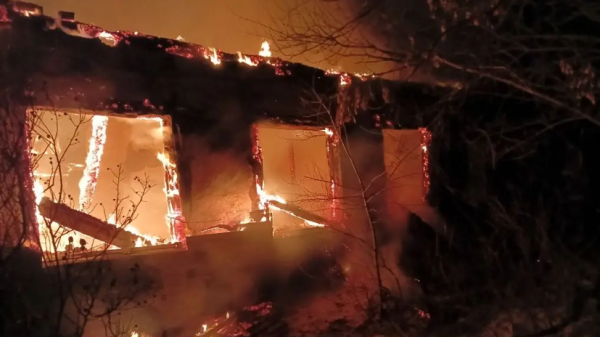

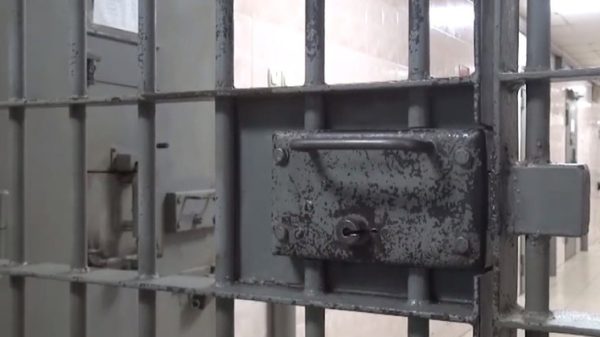
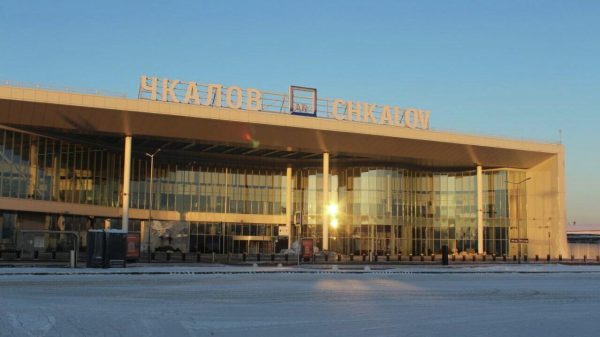






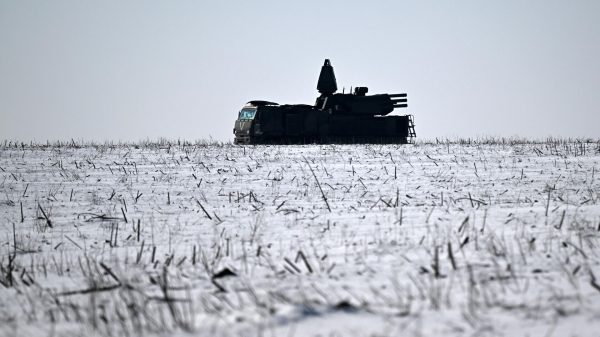

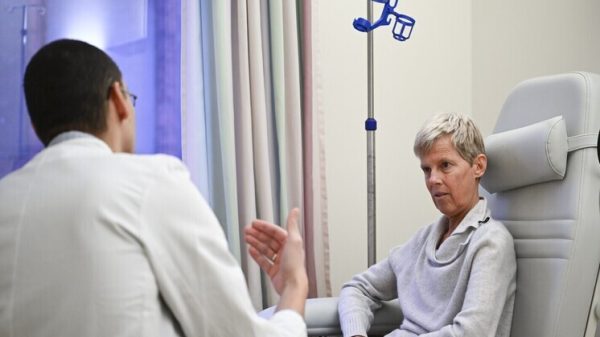

































Свежие комментарии